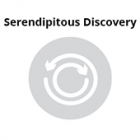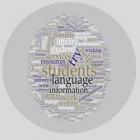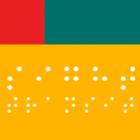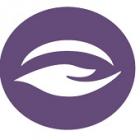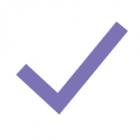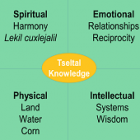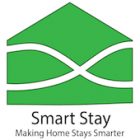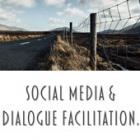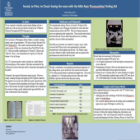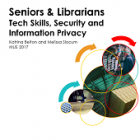
Seniors & Librarians: Tech Skills, Security and Information Privacy
According to many studies, older patrons that struggle with technology will often turn to their library for support. Our sponsor noticed this trend at Kitsap Regional Library’s Sylvan Way Branch. However, two issues were apparent: first, there were inherent privacy concerns in helping patrons with their online needs and second, many patrons needed extensive help beyond the time that could reasonably be devoted to helping one patron. Through observation and research, our team created a series of handouts on a variety of targeted topics. Our work bridges the gap between protecting information privacy, education, and staff time constraints.

